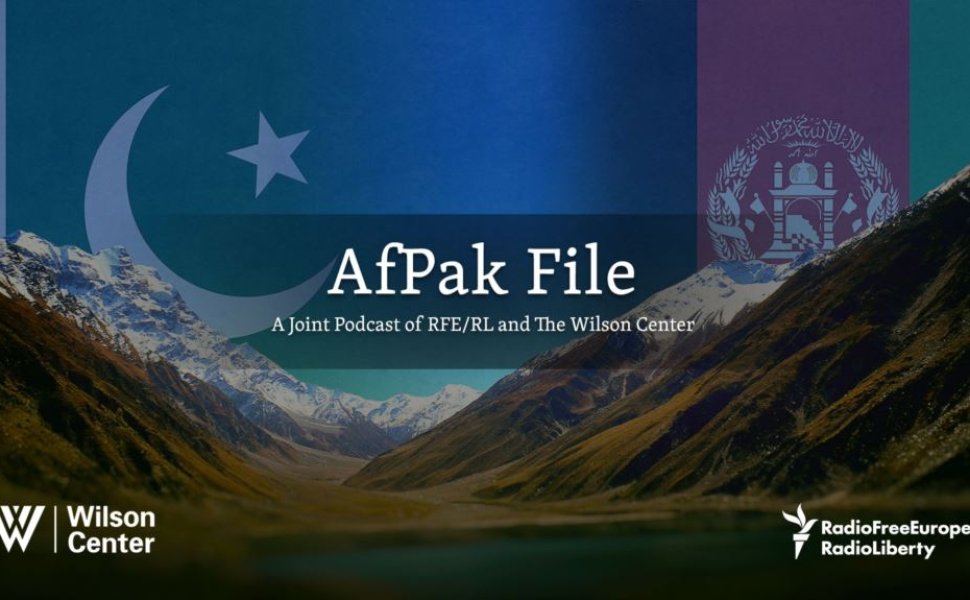AfPak File: Gauging The Prospects Of Talking Peace With The Taliban In Afghanistan


As the United States seeks to wind down the longest war in its history in Afghanistan, talking to the Taliban about an eventual end to fighting has emerged as the preferred course in Washington and elsewhere.
In recent months, we have seen the appointment of a U.S. special envoy to carry this process forward while the Taliban and the Afghan government engaged in a brief ceasefire in June. Most of Afghanistan's neighbors have also extended rhetorical support to the peace process.
In recent days, five former Taliban detainees at Guantanamo Bay have joined the Taliban’s political office in Doha. This comes on the heels of the news that Mullah Baradar, one of the Taliban’s founding leaders, has been released from prison in Pakistan after nearly a decade in captivity. These moves have spurred the hopes of some observers that momentum is now building to launch a peace process with the Taliban in Afghanistan.
Is reconciliation any less elusive than it has been for the past 17 years? What will it take to bring the Taliban to the peace table when its strong battlefield performance gives it little incentive to stop fighting?
This latest episode of the AfPak File podcast series, jointly produced by RFE/RL and the Wilson Center, discusses these questions and more with Michael Kugelman, the Wilson Center’s senior associate for South Asia; Marvin Weinbaum, director of Afghanistan and Pakistan studies at the Middle East Institute; and Abubakar Siddique, editor of RFE/RL's Gandhara website. Muhammad Tahir, media manager for RFE/RL in Washington, D.C., moderates the discussion.
This podcast was originally published by RFE/RL.
Guest

Moderator

Indo-Pacific Program
The Indo-Pacific Program promotes policy debate and intellectual discussions on US interests in the Asia-Pacific as well as political, economic, security, and social issues relating to the world’s most populous and economically dynamic region. Read more


